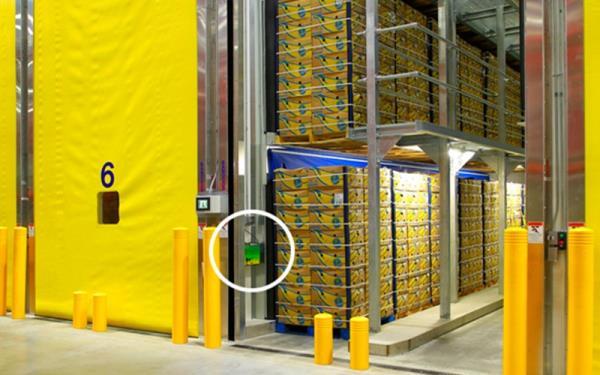What to avoid when ripening fruit
Catalytic Generators, the U.S. company that helps to make fruit ripe and ready to eat worldwide, has researched various methods in different geographic regions to better understand the cultural and environmental factors that growers face on a daily basis. Based on this, a quick and easy list of what not to do when ripening and degreening fruit was developed.
What not worth to do:
Some growers briefly expose fresh produce to car exhaust fumes and close their ripening room doors overnight. If it has not been assumed already, do not do it because substances applied and exposed to fresh produce are entering the bellies of people. Therefore, Catalytic Generators ripening solution is the safest solution.
Catalytic Generators produce ethylene, a naturally occurring plant hormone that initiates the ripening and degreening of tropical fruits, organics, greenhouse tomatoes, field-grown tomatoes and even sprout suppression of potatoes and onions. Felix Instruments offers a cost effective yet precise ethylene measurement solution - the F-900 Portable Ethylene Analyzer.
“Do not ventilate ripening rooms”
The carbon dioxide is released and builds up during fruit ripening only in ripening rooms that do not have air ventilation systems. Carbon dioxide concentrations above 1% will slow ripening, delay the effects of ethylene and cause quality problems of fruit. Thus, it is recommended to vent ripening rooms by opening the doors for 20 minutes every 12 hours, after the first 24 hours of ripening. Alternatively, to use other ventilation methods such as automatic fan (timer or sensor) or “flow-though” (constant) venting.
Room gases measurement is key and gives ripening room operators the information they need to maintain stable ripening environments. Felix Instruments produces two of instruments from such categories: the hand-held and portable F-960 Ripen It! gas analyzer and the bolt-on F-901 AccuRipe ripening room monitoring and management system.
“Disregard the humidity level”
The humidity level should be controlled and maintained above 80%. Lower humidity leads to fruit weight loss. For best ripening results, humidity should be between 85% and 95%. If the humidity is too low, a humidifier must be installed.
“‘Cooking’ or ‘chilling’ fruits”
Climacteric fruit is very sensitive to temperature changes. 'Cooking' of fruit occurs when the temperatures are maintained above a certain level, and fruit 'chilling' occurs when the fruit is subject to temperatures below 56 ° Fahrenheit for several hours.
To prevent this problem, temperature monitoring systems or data loggers should be utilized. The same F-901 AccuRipe system allows users to both monitor and control gases and temperatures.
Catalytic Generators gives fresh food companies the ability to make their own ethylene for fruit ripening for almost last 50 years.
Click here to find out more about Catalytic Generators’ products.
Felix Instruments, focusing on pre- and postharvest applications, helps fresh market professionals maximize the value of their products with company’s line of portable Gas Analyzers and NIR Produce Quality Meters.
Full information about companies’ products can be found on their website.





